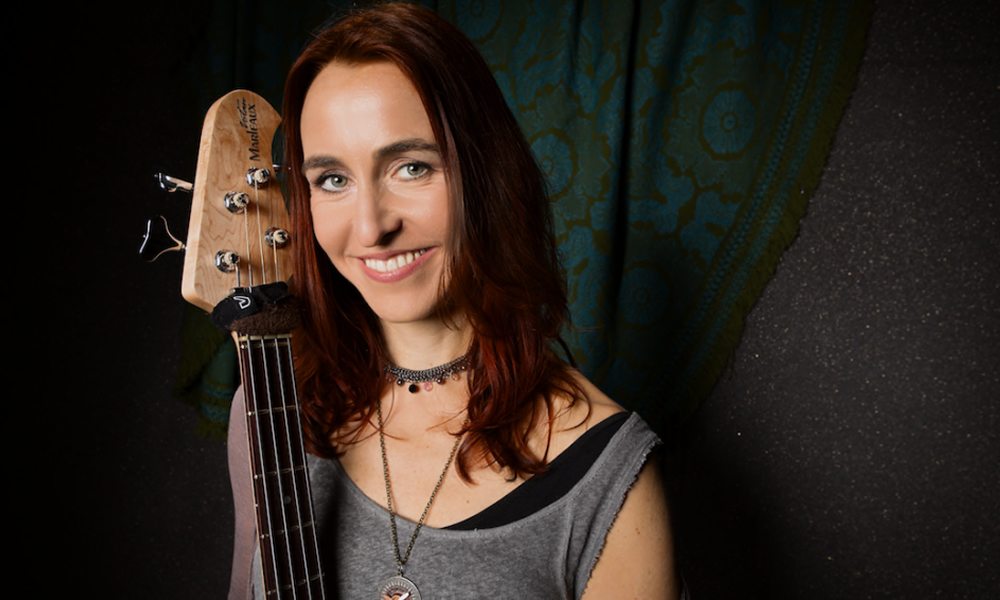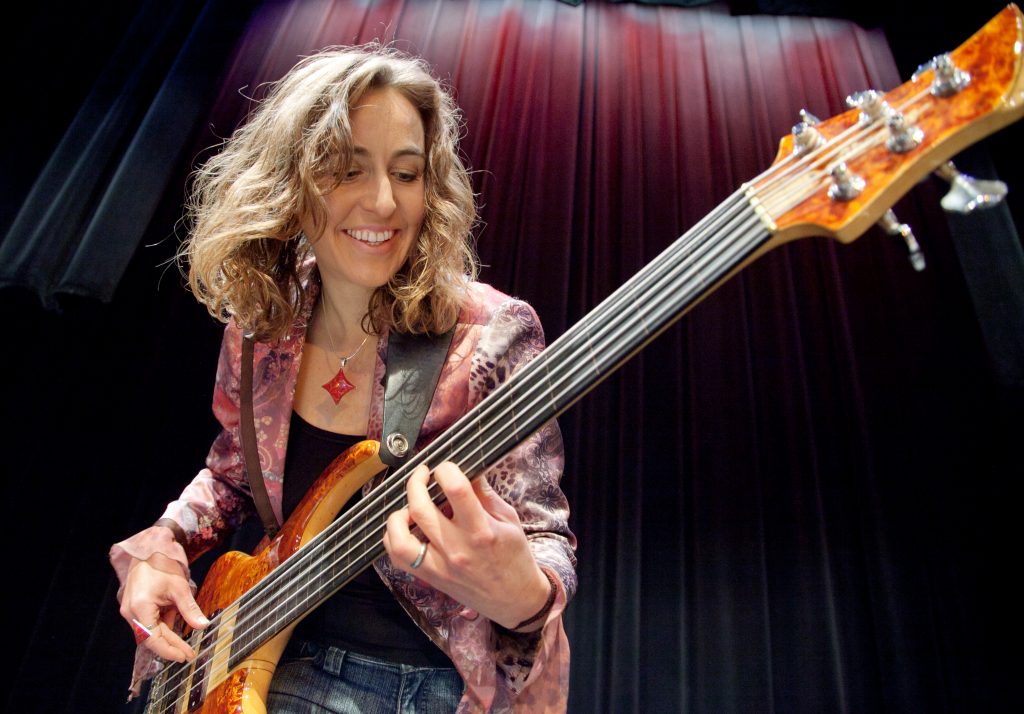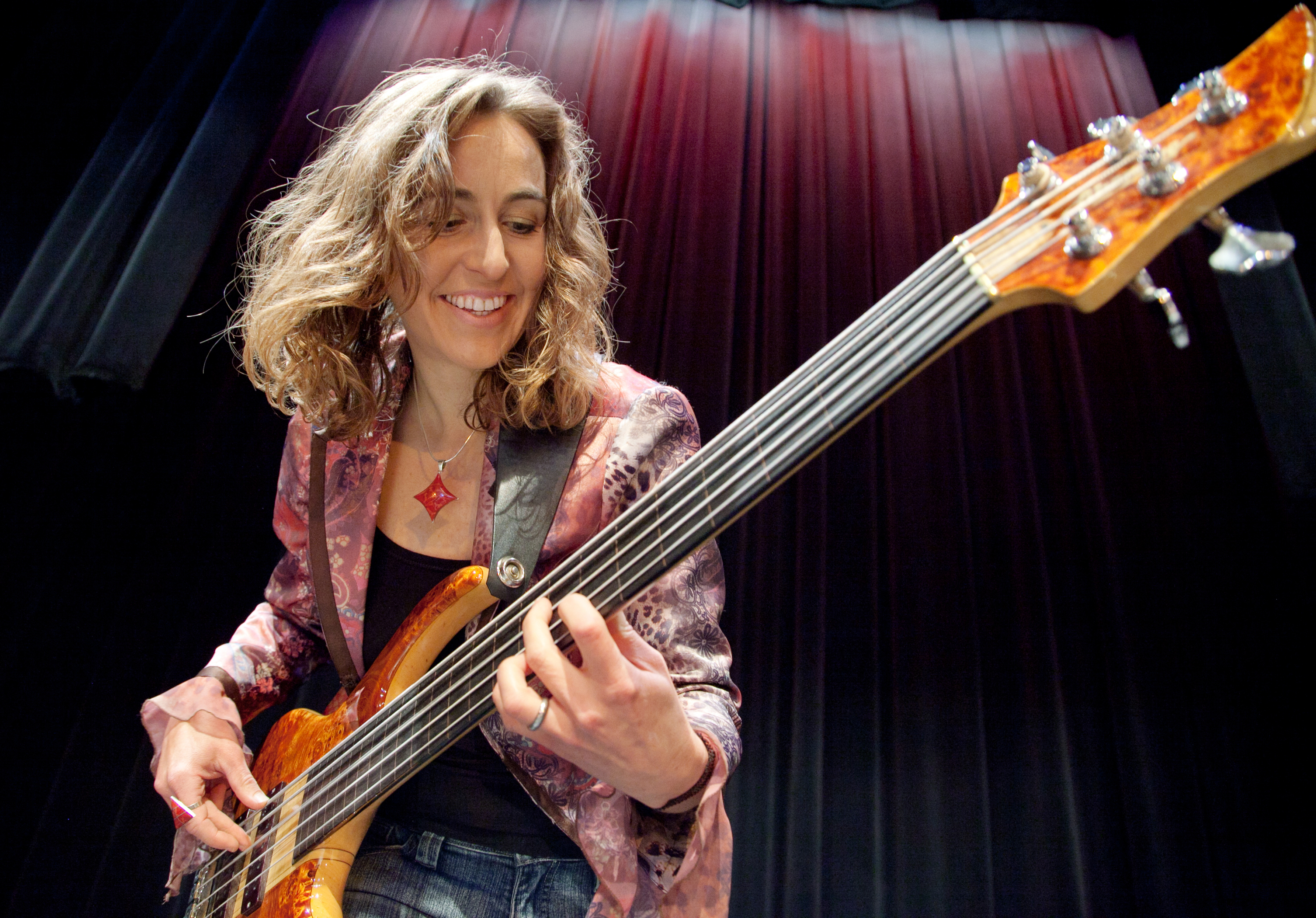AMSonline team up with Ariane Cap
AMSonline are now working with international educator, bestselling author and online teaching personality Ariane Cap. We are looking for bass players that might like to study with Ariane from September 2020.
AMSonline
At the start of 2019, AMSonline had a suite of undergraduate and postgraduate music qualifications validated for supported distance-learning with the London College of Music (University of West London). This meant that courses could be accessed worldwide with no need for conventional college lectures. The courses are delivered 100% online, so anywhere with an internet connection is now a workspace.

Ariane Cap
Ariane Cap is a passionate educator, self-published bestselling author, eclectic performer (electric bassist), a busy blogger and habit coach. She is a prolific and eclectic educator with a large online following.
She taught at the Berkeley Jazz Workshop, the Golden Gate Bass Camp, was 10 years artist-in-residence teacher at the Wyoming Rock Camp Experience in Jackson Hole, taught at the California Jazz Conservatory’s Women’s and Girl’s Jazz and Blues Camps for 10+ years, co-taught masterclasses with Paul Hanson at the University of the Redlands, Colorado State, Montana State University and others.
A Word from Ariane
I am happy to announce my collaboration with AMSOnline under the validation of the London College of Music/University of West London. Receive your Foundation Degree after two years studying at AMS Online with me as one of your teachers.
On the Foundation degree students can choose to specialise in a certain instrument, and are entitled to an amount of support for that study by way of online video sessions. The curriculum is well rounded and practical.
We are delighted that Ariane is joining AMSonline, and that we are able to offer her support for students that specialise in bass guitar and wish to study our Foundation Degree Music pathway.

How do I find out more?
Applications are being taken now for the next start point, which is September 2020.
If you would like to find out more about your chance to learn with Ariane, please complete the form by clicking the link below.

